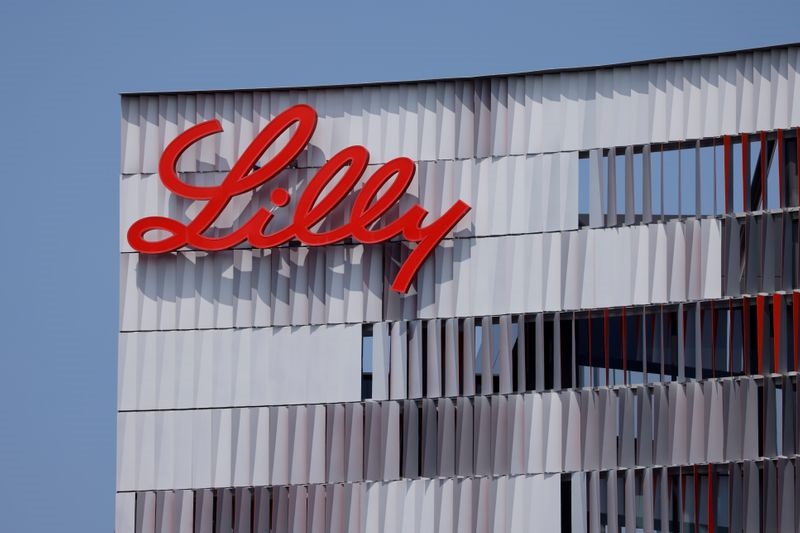Truist Securities reiterates Buy rating on Salesforce stock, maintains $380 price target
Shares in Eli Lilly (NYSE:LLY) climbed higher in premarket trading Thursday after the pharma giant’s blockbuster drug Zepbound has shown significant long-term health benefits for patients with obesity-related heart failure, highlighting its cardiovascular advantages.
In a recent study, the risk of death, hospitalization, and other adverse outcomes was 38% lower for patients treated with Zepbound compared to those given a placebo, according to Lilly's announcement on Thursday.
The drug also markedly alleviated heart failure symptoms such as shortness of breath, fatigue, and irregular heartbeat.
The company’s shares rose 3.5% in the premarket trade.
This two-year trial, which included over 700 patients, is part of Lilly’s larger strategy to demonstrate that Zepbound, already popular for its weight-loss effects, can offer broader health benefits. Evidence of its ability to improve key health components may also support efforts to secure insurance coverage for the medication.
"That’s what we need to get not only recognition of the seriousness of the disease, but also reimbursement access,” said Jeff Emmick, Lilly’s senior vice president of product development, in a statement.
The company intends to submit the study results to regulators in the US and internationally later this year, seeking to expand Zepbound’s label.
The study focused on heart failure patients with a preserved ejection fraction (HFpEF), a condition closely linked to obesity. HFpEF occurs when the heart muscle becomes stiff, limiting its ability to fill with blood.
This condition affects approximately 3 million people in the US and up to 32 million globally, with an annual mortality rate of about 15%, according to a review published in JAMA last year.
Shares of Novo Nordisk (NYSE:NVO), Eli Lilly’s main rival in the weight-loss market, fell 1% in the pre-open trade.
Lilly has additional ongoing trials in cardiovascular disease, with results anticipated to be released in about a year.
